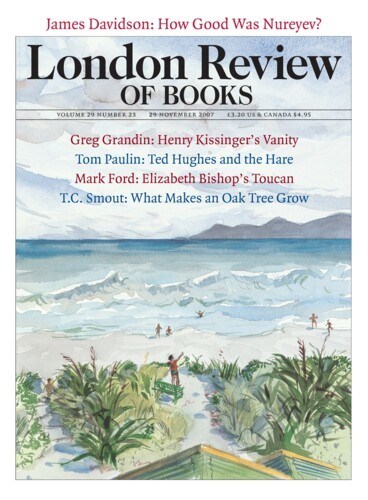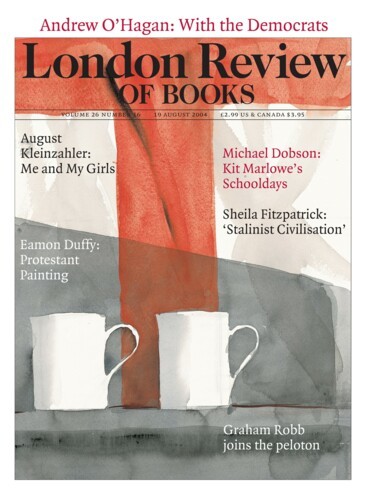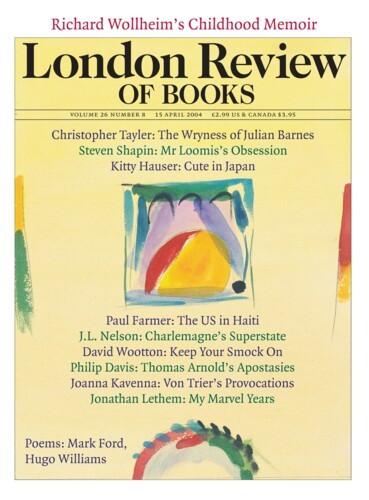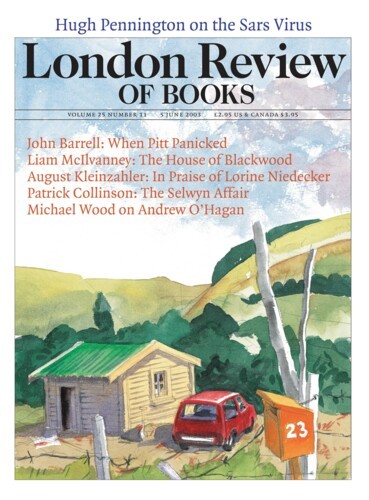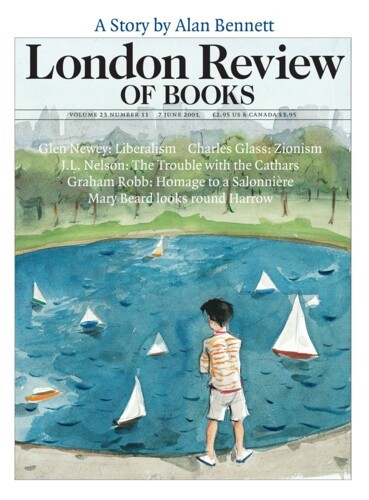Eastern Promises: The Christian Holy War
J.L. Nelson, 29 November 2007
On 15 July 1099, a Christian army perhaps 14,000 strong captured Jerusalem after a five-week siege and three years’ campaigning. A contemporary witness reported slaughter on such a scale that ‘crusaders rode in blood to the knees and bridles of their horses.’ Christopher Tyerman quotes this twice, in full and slightly abbreviated forms, noting that the chronicler was...
